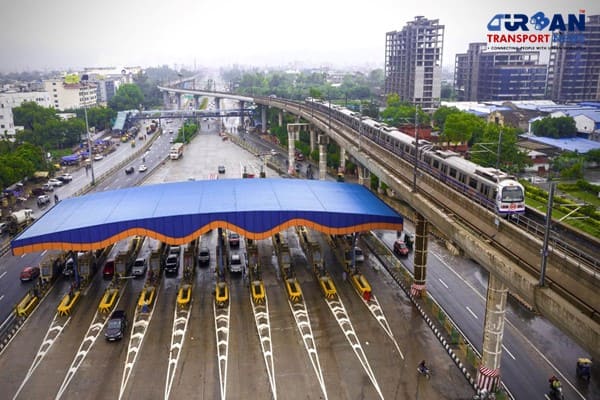 Vensa Infrastructure wins ₹412.58 crore civil contract for Hisar Airport
Vensa Infrastructure wins ₹412.58 crore civil contract for Hisar Airport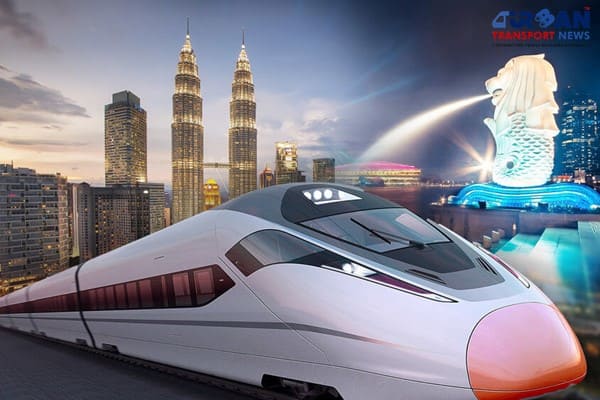 Kuala Lumpur-Singapore high-speed rail project cost could be slashed to RM70 Billion
Kuala Lumpur-Singapore high-speed rail project cost could be slashed to RM70 Billion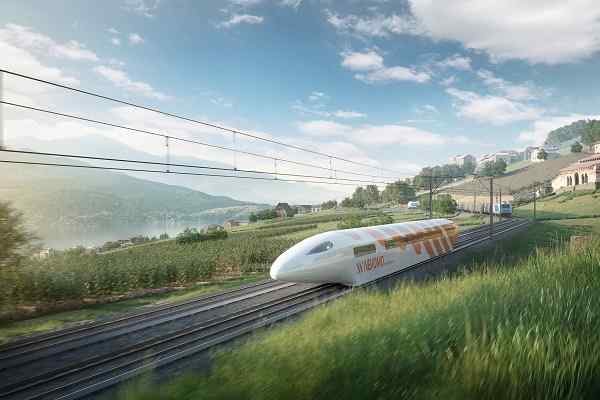 Nevomo's MagRail Technology Selected for Hyperloop Freight Demonstrator
Nevomo's MagRail Technology Selected for Hyperloop Freight Demonstrator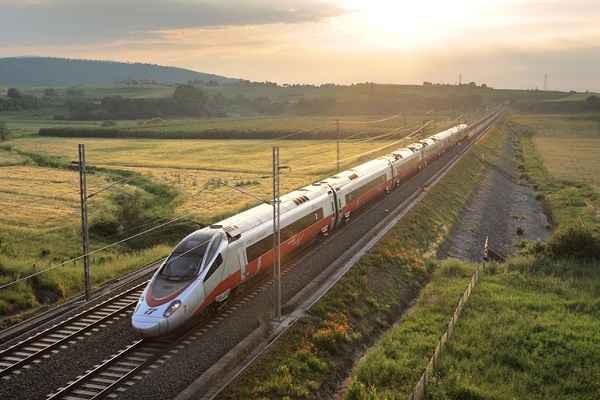 Russia signs deal to procure bullet trains for Moscow - St. Petersburg high-speed line
Russia signs deal to procure bullet trains for Moscow - St. Petersburg high-speed line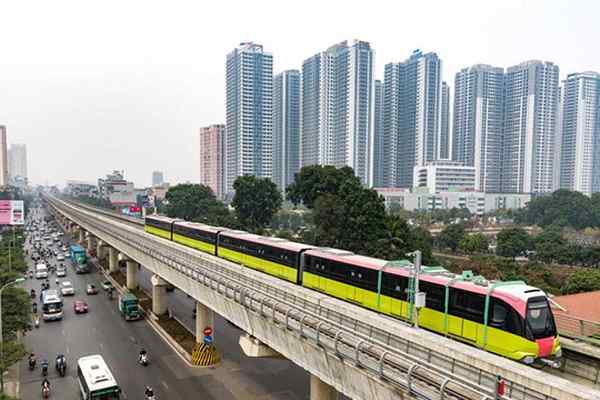 Vietnam plans new metro rail lines to replace its BRT systems in Hanoi
Vietnam plans new metro rail lines to replace its BRT systems in Hanoi 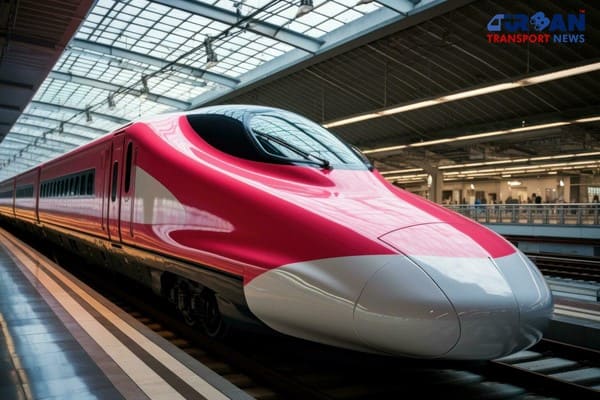 Revolutionizing Indian Railways: The Rise of Indigenous High Speed Bullet Trains
Revolutionizing Indian Railways: The Rise of Indigenous High Speed Bullet Trains Ayodhya deployed Gobbler Litter Buster to keep the City clean
Ayodhya deployed Gobbler Litter Buster to keep the City clean BMW's Emissions Investigation: What Does It Mean for Drivers?
BMW's Emissions Investigation: What Does It Mean for Drivers?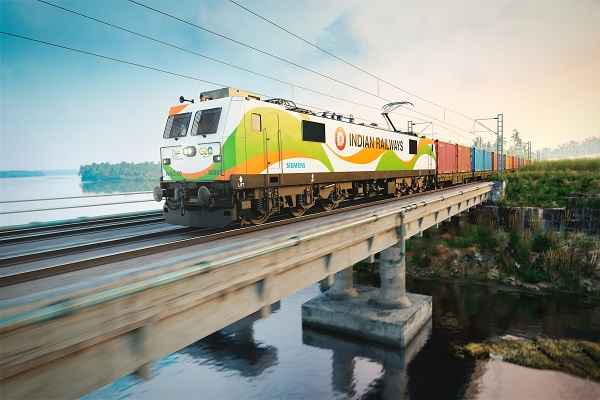 171 Years of Indian Railways: A History of Innovation and Progress
171 Years of Indian Railways: A History of Innovation and Progress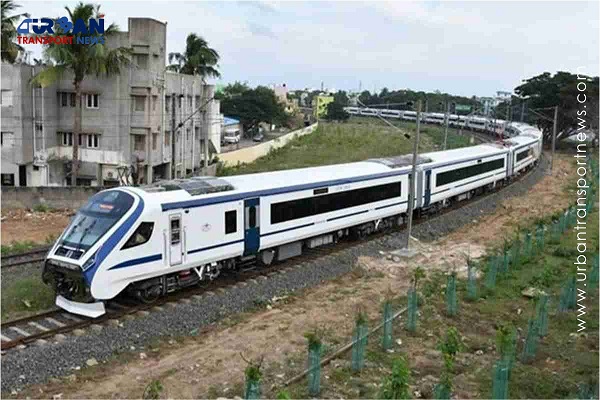 Vande Bharat Express trains carries over two crore passengers since their inception
Vande Bharat Express trains carries over two crore passengers since their inception
India to have 1.8 lakh km highways, 1.2 lakh km rail network by 2025
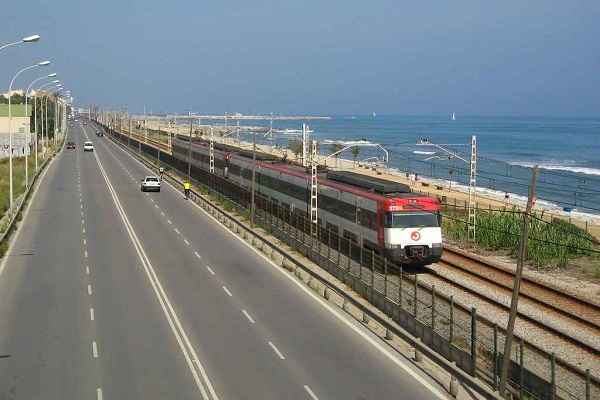
New Delhi, India (Urban Transport News): India is expected to witness an accelerated pace of development in railways and road transportation sectors in the coming couple of years. According to a report recently issued by Bank of America Securities, India is on course to build more national highways and rail lines during the decade ending 2025 than it has cumulatively done between 1950 and 2015.
The total length of national highways is in the country is expected to reach 1.8 lakh kilometres, while that of the railway lines 1.2 lakh kilometres by 2025, said report.
Between 1950 and 2015, the nation built only 4,000 kilometres of national highways, taking the total length to 77,000 kilometres in 2015. However the highway length is on course to cross 1.8 lakh kilometres registering a growth of 133 % by 2025 which is an tremendous growth in ten years time.
When it comes to the rail network, the nation had only 10,000 kilometres of rail lines in 1950, which rose to 63,000 kilometres in 2015. But it is slated to touch 1.2 lakh kilometres in 2025, the report said. Thus, railways will see around a 90 % increase in its length.
The port capacity which was only 777 MTPA (Million Tonnes per Annum) in 1995 rose to 1,911 MTPA in 2015 and is on course to more than double to 3,000 MTPA by 2025, it said.
The country has been rapidly augmenting transportation and basic infrastructure capacity across sectors such as highways and railways since 2015.
Talking about environment, on the de-carbonisation front, the report said that the country will be spending USD 385 billion over 2015-30 just to meet its 2030 de-carbonisation goals, which will accelerate materially over time and help it transition to the net-zero goal by 2070.
"We see the 2015 Paris agreement as an inflection point in our efforts towards de-carbonisation. In fact, we are leading the de-carbonisation efforts globally in spearheading the International Solar Alliance; pace of execution - the fastest transition globally from Euro IV to VI norms and is on track to exceed its Paris agreement targets for 2030; and pollution norms stringency for gensets and energy efficiency norms for ACs are likely to be most stringent globally," the report read.
The rapid de-carbonisation will also lead to a cut in diesel intake as natural gas will constitute 15 % of the energy mix and ethanol blending in petrol will touch 20 % from 5 % now by 2030, up from 6 % in 2021; renewable capacity will reach 450 GW by 2030 from 101 GW in 2021.
The report sees all these leading to a capex of $ 385 billion and 106 GW energy savings and 1.1 billion tonne per annum CO2 reduction by 2030.





